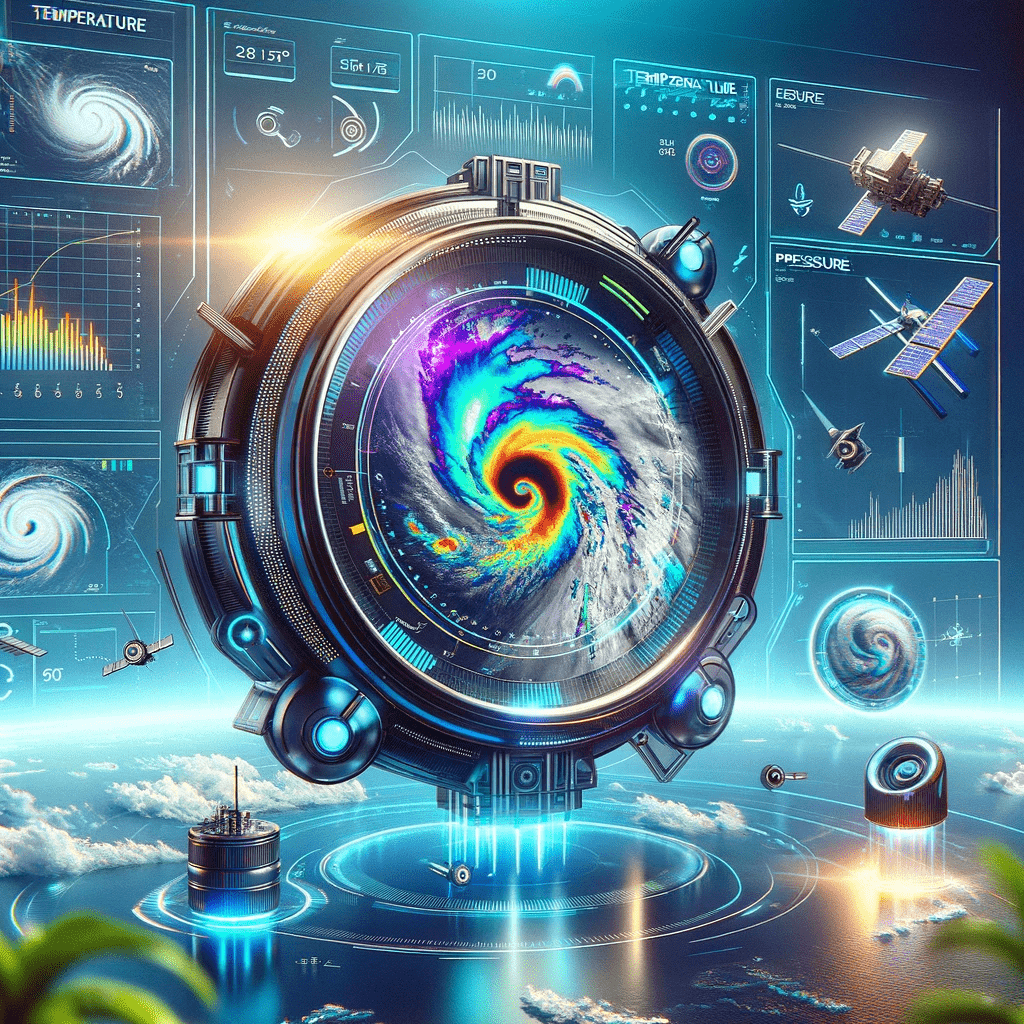
In a groundbreaking development for meteorology, an AI model named GraphCast, developed by Google DeepMind, has outperformed conventional weather forecasting methods, as reported by a study in the peer-reviewed journal Science. This marks a significant milestone in weather prediction, suggesting a future of increased accuracy and efficiency.
AI’s Meteorological Mastery
GraphCast, Google DeepMind’s AI meteorology model, has demonstrated superior performance over the leading conventional system of the European Centre for Medium-range Weather Forecasts (ECMWF). Excelling in 90 percent of 1,380 metrics, GraphCast has shown remarkable accuracy in predicting temperature, pressure, wind speed, direction, and humidity.
Speed and Efficiency
One of the most striking aspects of GraphCast is its speed. It can predict hundreds of weather variables over a 10-day period at a global scale, achieving this feat in under one minute. This rapid processing ability marks a significant advancement in AI’s role in meteorology, drastically reducing the time and energy required for weather forecasting.
A Leap in Machine Learning
GraphCast employs a sophisticated “graph neural network” machine-learning architecture, trained on over four decades of ECMWF’s historical weather data. It processes current and historical atmospheric data to generate forecasts, contrasting sharply with traditional methods that rely on supercomputers and complex atmospheric physics equations.
The Cost-Efficiency Advantage
GraphCast’s efficiency doesn’t just lie in its speed and accuracy. It’s also estimated to be about 1,000 times cheaper in terms of energy consumption compared to traditional weather forecasting methods. This cost-effectiveness, coupled with its advanced prediction capabilities, was exemplified in its successful forecast of Hurricane Lee’s landfall in Nova Scotia.
Limitations and Future Directions
Despite its advancements, GraphCast is not without limitations. It hasn’t outperformed conventional models in all scenarios and currently lacks the granularity offered by traditional methods. However, its potential as a complementary tool to existing weather prediction techniques is acknowledged by researchers.
Looking ahead, there are plans for further development and integration of AI models into weather prediction systems by ECMWF and the UK Met Office, signaling a new era in meteorology where AI plays a crucial role.
Google DeepMind’s GraphCast represents a paradigm shift in weather forecasting, offering a glimpse into a future where AI-driven models provide faster, more accurate, and cost-efficient predictions. While it’s not a complete replacement for traditional methods, its integration heralds a new age of innovation in meteorological science.